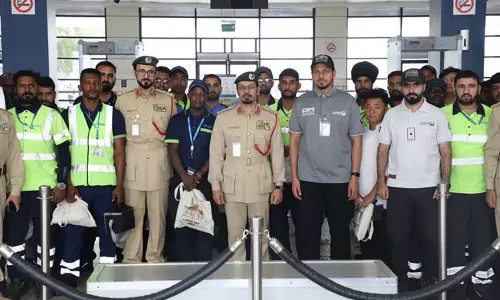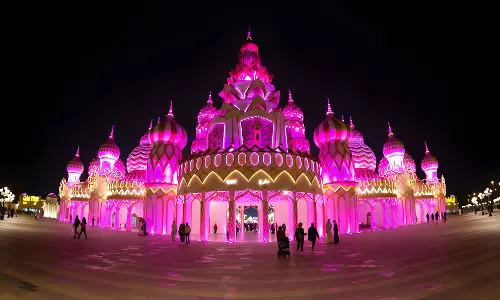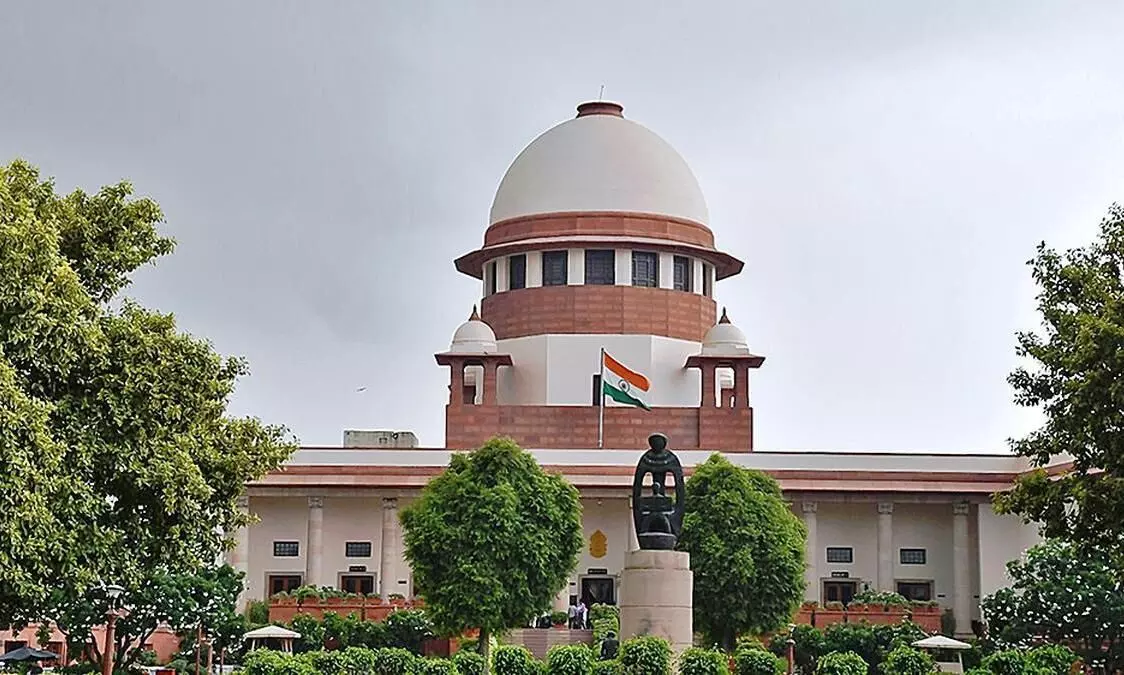
Supreme Court rules parliamentary privileges don't shield against bribery
text_fieldsNew Delhi: The Supreme Court, led by Chief Justice DY Chandrachud, unequivocally stated that parliamentary privileges do not grant immunity from legal consequences for individuals involved in bribery.
The verdict addressed whether Members of Parliament (MPs) and Members of Legislative Assemblies (MLAs) are exempt from prosecution for accepting bribes in exchange for legislative actions.
The judge expressed dissent with the 1998 PV Narasimha Rao case, highlighting its wide-ranging implications. "We disagree with the judgment in the 1998 PV Narasimha Rao case. The judgment in that case which granted immunity to legislators for taking bribes to cast votes has wide ramifications."
The bench emphasized that claims of immunity under Article 105 or 194 are invalid for legislators engaged in bribery, as such acts are not essential for their legislative functions. "Bribery is not rendered immune under Article 105 or 194 because a legislator indulging in bribery commits a criminal act that is not essential for the function of casting a vote or giving a speech."
Rejecting the notion that the timing of the vote or speech determines the legality of bribery, the court asserted, "The offence of bribery does not depend on whether the vote or speech is given later. The offence is complete at the point in time when the legislator accepts a bribe."
Addressing the broader context, the court firmly stated, "Bribery isn't protected by parliamentary privileges." The interpretation of the 1998 verdict was deemed contrary to the Constitution's Articles 105 and 194.
The court underscored the purpose of legislative privileges, emphasizing they are collective and aimed at creating a fearless environment for members. "The purpose and object of legislative privileges must be borne in mind. Privileges are for the house collectively. Articles 105/194 seek to create a fearless environment for the members."
In a strong condemnation, the court remarked, "Corruption and bribery by legislators destroy the functioning of Indian Parliamentary democracy." The PV Narasimha Rao judgment was criticized for creating a paradox where a legislator accepting a bribe and voting accordingly is protected, while one voting independently despite a bribe faces prosecution.
The court clarified that an MLA accepting a bribe to vote in Rajya Sabha elections is also liable under the Prevention of Corruption Act. This verdict marks a significant departure from previous notions of immunity for legislators involved in bribery, signaling a renewed commitment to combating corruption within the Indian parliamentary system.
























